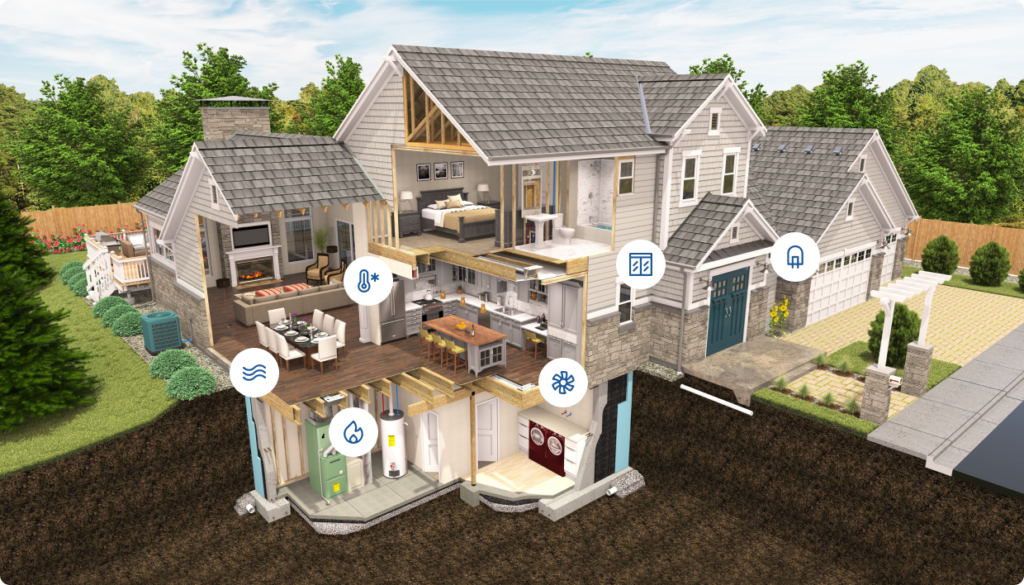Smart Homes: Enhancing Everyday Living with Technology
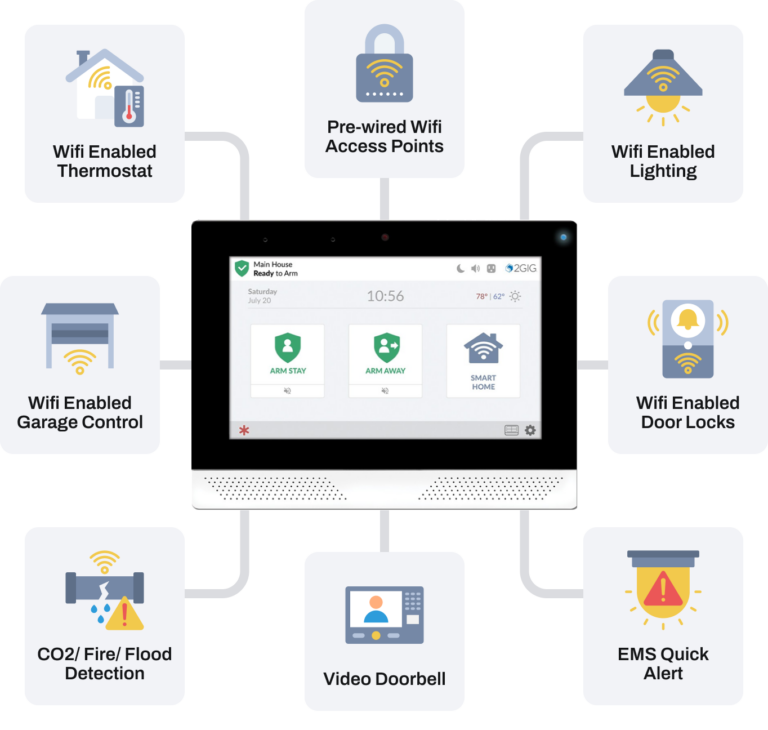
Smart Homes: Enhancing Everyday Living with Technology

Josh Blatt
• 6 min read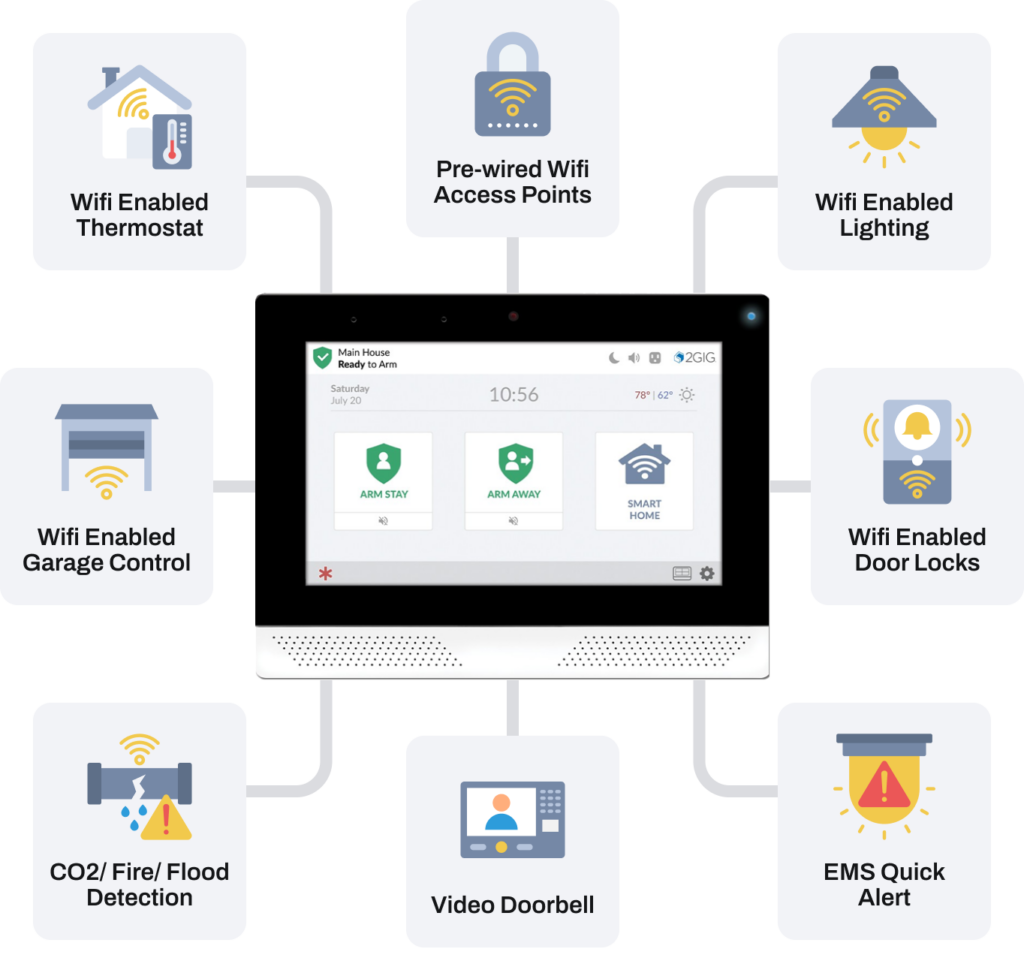
Smart homes are revolutionizing the way people live, offering unprecedented convenience and control over their living spaces. This cutting-edge technology has an impact on various aspects of daily life, from energy management to security and entertainment. As home automation continues to advance, homeowners are discovering new ways to enhance their comfort, efficiency, and peace of mind.
We’ll explore the world of smart homes and how they’re transforming everyday living. We’ll begin by discussing how to get started with smart home technology, followed by an examination of its role in enhancing home security. Next, we’ll explore creating a comfortable living environment using smart devices. Finally, we’ll look at how smart homes are integrating entertainment and communication systems to provide a seamless and enjoyable living experience.
Getting Started with Smart Home Technology
To begin with smart home technology, it’s essential to determine goals and understand the devices that can help achieve them. Focusing on the function rather than the device itself is crucial. This approach ensures that the chosen technology effectively solves problems and supports specific objectives.
Research plays a vital role in making informed decisions. Reading online reviews, talking to people with similar goals, and exploring “best of” lists can provide valuable insights. It’s advisable to start with devices that have been on the market for two to three years and have high ratings.
For those new to smart home technology, it is recommended to start small and gradually build up. A smart speaker or display, such as an Amazon Echo or Google Nest, can serve as an excellent starting point. These devices allow users to become comfortable with voice commands and explore various features before adding more components.
Enhancing Home Security with Smart Technology
Smart home technology impacts home security, offering innovative solutions to protect properties and residents. Security cameras play a vital role in this ecosystem, providing visual monitoring of indoor and outdoor areas. These devices come with various features, including live streaming to mobile phones and facial recognition capabilities.
For comprehensive security, homeowners can integrate cameras with monitored alarm systems. ADT, for instance, pairs its cameras with a monitored security system, creating a cohesive setup that detects, alerts, and deters crime. This approach enhances overall home protection.
Smart locks are another essential component of modern home security. They allow homeowners to manage access for workers, houseguests, and pet sitters without physical keys. Many smart locks offer touchpad controls, fingerprint readers, and built-in sensors that can detect if a door is left ajar. These features provide convenience and peace of mind, especially when users are away from home.
Creating a Comfortable Living Environment
Smart home technology impacts the creation of comfortable living spaces. Automated lighting systems offer convenience and energy efficiency, allowing homeowners to control lights remotely through smartphone apps or central control panels. These systems enable customized lighting schedules and brightness levels, reducing energy consumption and lowering electricity bills.
Smart HVAC systems represent a significant advancement in climate control. They use sensors and advanced algorithms to gather data about indoor conditions, occupancy patterns, and weather forecasts, adjusting real-time heating, cooling, and ventilation. This proactive approach optimizes comfort levels while minimizing energy costs.
Intelligent HVAC systems also improve indoor air quality. They use a combination of filters and smart sensors to monitor and enhance air cleanliness, detecting pollutants and adjusting ventilation accordingly. This ensures a consistently healthy environment, which has become increasingly important in response to health concerns such as COVID-19.
Integrating Entertainment and Communication
Smart home technology impacts entertainment and communication systems, creating seamless and enjoyable living experiences. Modern smart TVs offer a wide range of features and apps, with most new 4K models incorporating smart platforms. These platforms, whether proprietary or third-party, like Google TV or Roku, provide access to popular streaming apps and advanced features.
Smart TVs have become central hubs for entertainment, offering high-quality picture and sound. For instance, the Samsung S90D/S90DD OLED stands out with its great selection of smart features and support for voice assistants. For those seeking versatility, the LG C4 OLED provides excellent picture quality and a user-friendly interface.
In addition to TVs, streaming devices like Google Chromecast and Amazon Fire Stick 4K Max enhance the entertainment experience. These devices offer intuitive interfaces, voice control capabilities, and access to a wide range of streaming services. They allow users to easily browse and search for content across platforms, making it simpler to find something to watch.
Conclusion
Smart homes are changing how we live, offering new levels of convenience and control. From boosting security to creating cozy living spaces, this technology impacts many aspects of our daily lives. As we’ve seen, getting started with smart home tech doesn’t have to be complicated, and the benefits can be significant. Smart homes are paving the way for a more connected and efficient lifestyle with devices that enhance security, comfort, and entertainment.
Looking ahead, the future of smart homes seems bright and full of potential. As technology advances, we can expect even more innovative solutions to improve our living spaces. Whether it’s to save energy, boost security, or simply make life easier, smart home technology is set to play an increasingly important role in our homes. This exciting field is not just about gadgets; it’s about creating living spaces that are more responsive, efficient, and in tune with our needs.
FAQs
What advantages does smart home technology offer?
Smart home technology enhances security with features such as remotely controlled smart locks and motion-sensing cameras that alert you on your phone, ensuring peace of mind whether you are at home or away.
How does technology improve living conditions at home?
Technology at home boosts security, reduces energy costs, allows for remote management, creates personalized living experiences, promotes a healthier living environment, and provides convenience through automation.
What are some key benefits of implementing smart home technology?
Smart home technology offers significant convenience by allowing homeowners to control appliances, thermostats, lighting, and other home systems through a single device, typically a smartphone or tablet.
What constitutes a smart home feature?
Smart home features include automated systems that manage energy usage, such as adjusting the temperature, turning lights on and off, automating window treatments, and modifying irrigation schedules based on weather conditions.

Understanding the Mortgage Process for New Homes

Josh Blatt
• 8 min read
Why New Homes in Cincinnati Are Perfect for First-Time Buyers in 2026

Josh Blatt
• 11 min read
How to Get a Cincinnati Home Construction Loan: A Banker’s Inside Guide

Josh Blatt
• 11 min read
Top Cincinnati Ohio Suburbs for Families in 2025 (Ranked & Compared)

Josh Blatt
• 27 min readRelated Articles
Explore Thousands of Expertly Curated Articles with Our Powerful Algorithm
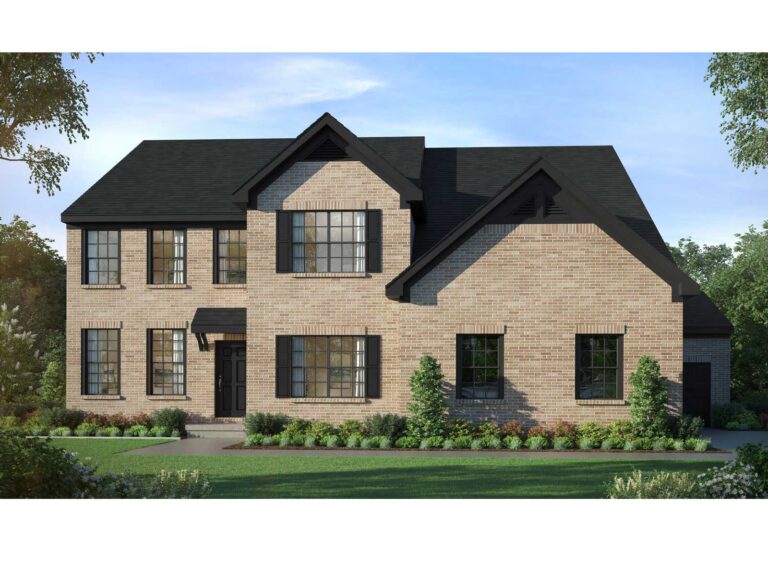
Budgeting and Financing Your Dream Home
By Josh Blatt • 6 min read
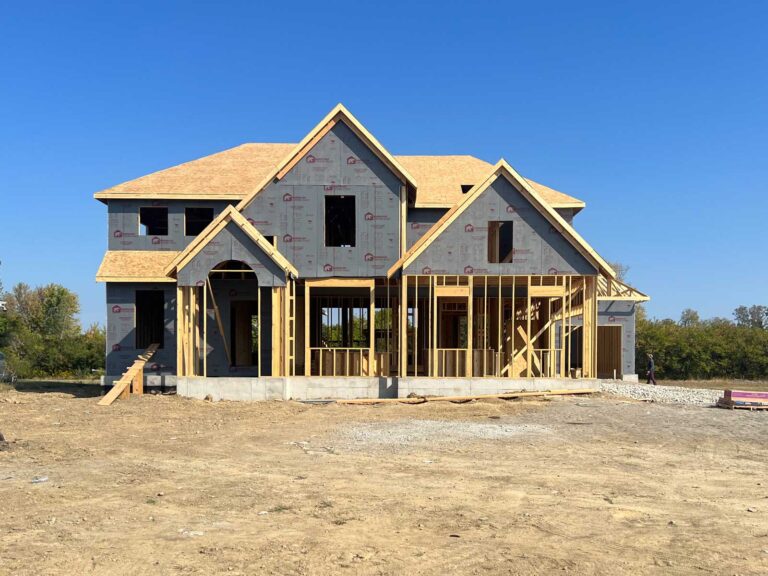
Custom Builds in 2025: The Future of Home Construction in Cincinnati
By Josh Blatt • 5 min read
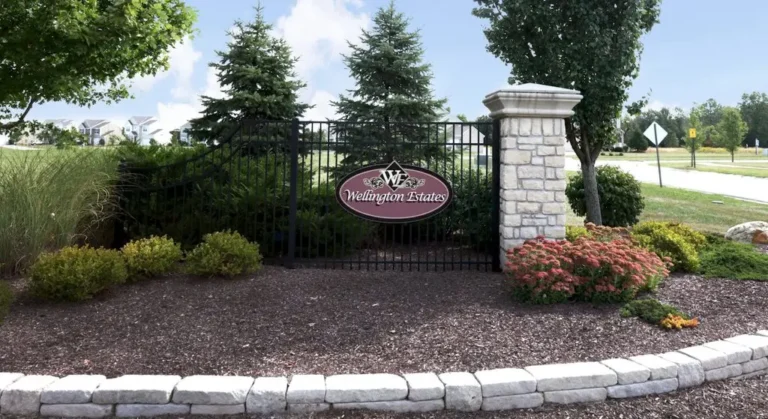
Visit the Scenic Wellington Estates in Hamilton Township
By Josh Blatt • 5 min read
Want to know how to buy and sell a home effectively
Get exclusive access to the best homes on the market by signing up today.

